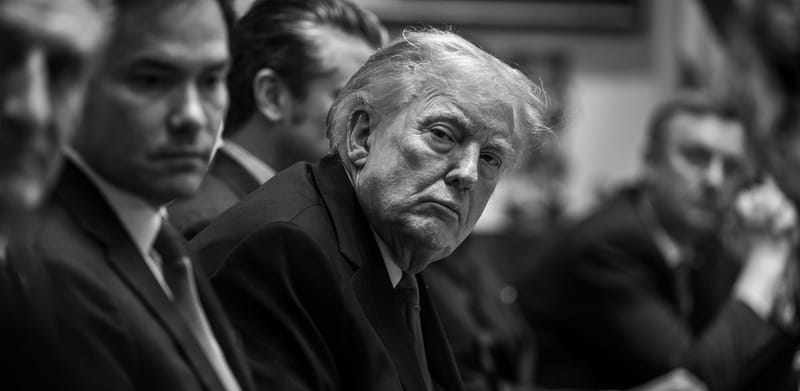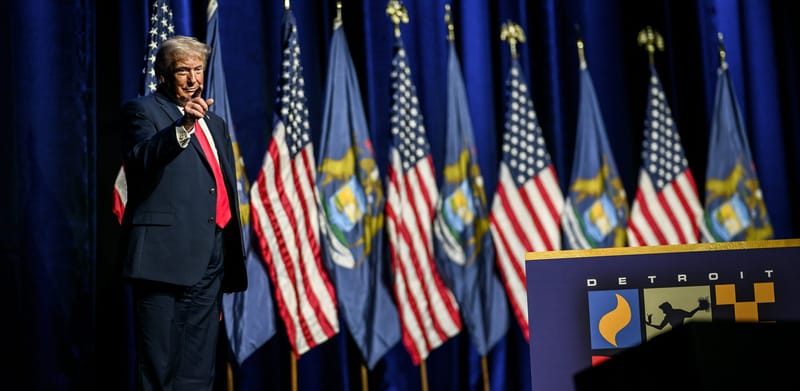Problems with damnatio memoriae of the man formerly known as prince
Public cheers at Andrew’s humiliation reveal hollow justice: titles stripped, luxury preserved. Only courts, not crowd-pleasing damnatio memoriae, can pass judgment on wrongdoing. Royal privilege implies a status of superiority over the law.
P eople appear to be taking a ferocious pleasure in the downfall of Andrew Mountbatten Windsor, the man formerly known as a prince of the realm, Duke of York, Earl of Inverness, Baron Killyleagh.
And that’s a problem. The second issue is our apparent gleeful return to the Roman practice of damnatio memoriae, condemning memory as a form of public punishment.
Just how lawless are we and pleased with ourselves to boot?
Think of the furious clapping when presenter Fiona Bruce paused recording of the BBC’s Question Time programme to announce the news that Andrew was being stripped of his titles and banished from his Windsor mansion. The audience — ordinary people in Bradford — erupted in a frenzy of clapping.
What’s obvious is that people feel an intense anger at the impunity displayed by Andrew over his links to the late sex offender Jeffrey Epstein. Andrew has always denied any wrongdoing, but the British Royal Family has felt impelled to acknowledge the strength of public feeling by stripping Andrew of his titles and sending him off to a relatively remote estate owned by King Charles.
Big deal.
As Graham Smith, of the anti-monarchy group Republic, told Sky News: “The idea that essentially… he’s [Andrew] told to live in a very large house, given a half-million-pound stipend, and told to use his own name, is any kind of punishment, is absurd in most people’s eyes.”
Precisely.
If Andrew has done wrong, he should be tried in a court of law. If there’s no case against him, he can be elbowed aside by his family and friends, but that cannot be seen as a substitute for appropriate punishment.
As of now, the message sent by recent developments is as follows: Andrew, like the rest of the royal family, is above the law, so his punishment is to lose titles and a massive residence, in exchange for an incredibly privileged lifestyle that is different only in being slightly less exposed to the public gaze.

GOING FURTHER
damnatio memoriae | BRITANNICA
A detailed timeline of Prince Andrew’s alleged involvement with Jeffrey Epstein, spanning 26 years | COSMOPOLITAN
The unanswered questions hanging over the Prince Andrew scandal | CNN
Andrew should answer Epstein questions in US, Democrats say | BBC NEWS
What’s next for Andrew after losing his royal title over Epstein scandal | WASHINGTON POST
'Huge moment in world history' as Andrew loses titles - and will be kicked out of royal home | SKY NEWS
How will Andrew's titles be removed and what happens next? | BBC NEWS
Andrew's move out of Royal Lodge may not happen until new year | BBC NEWS







